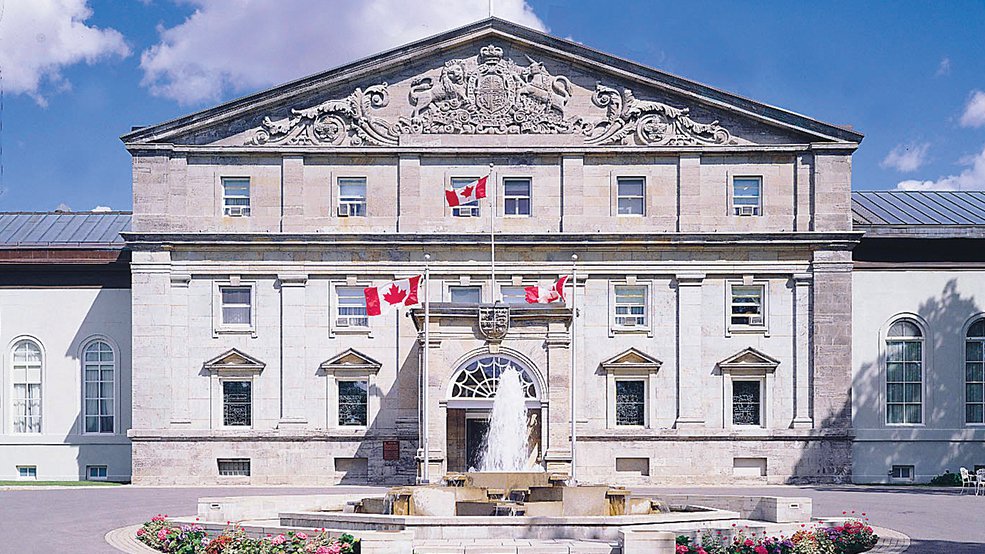There was a fairly damning piece out about the state of the NDP yesterday, as they began their caucus retreat in Surrey, BC, and how the party basically put itself on hold for two years after they turfed Thomas Mulcair but left him in place for two years while they engaged in an overly long leadership process, only to let their fundraising collapse and their outreach stagnate. I do have vague recollections about how they were totally going to use the two-year!leadership contest to totally re-energise the party, and it would totally bring in all kinds of new fundraising and members, and so on. Turns out, none of that happened, Mulcair being left in place slowly poisoned the well, and at the end, they wound up with a leader without a seat, and who has been largely absent both from Ottawa and the national stage (leaving another defeated leadership candidate in his place in Ottawa). I’m hoping that the entire Canadian political scene takes this as an object lesson that the way we’re running leadership contests is very bad, and that we need to get back to the sensible and accountable caucus selection (and removal) of leaders. The pessimist in me, however, sees this very likely reality that they won’t take the lesson, and we’ll continue stumbling along.
Also in NDP news is the damage control about the Erin Weir debacle, and they’re getting out activists and pet columnists to come to their defence and to insist that Weir is the worst person imaginable, ignoring that he took to the media to defend himself after a campaign of leaks started against him as part of the Mean Girling around him, and they’ve offered nothing to substantiate that he is a harasser in any meaningful sense of the word. Jagmeet Singh even proclaimed that he wouldn’t be intimidated by “elites” from the party’s own grassroots – their own current and former MPs and MPPs in Saskatchewan – into changing his mind. It’s actuall a bit stunning.
Notwithstanding
Because this is still Very Big News, there is talk coming out of PC circles in Ontario that Doug Ford is willing to use the nuclear option to show that he’s tough against the courts where Trudeau isn’t, and then uses the false notion that the Notwithstanding Clause could have been used on the Trans Mountain ruling – which it couldn’t, because the Clause only applies to certain sections of the Charter, for which Section 35 is not a part of. But since when to facts matter when you’re pursuing a private grievance in a big, public way? Worse was the fact that people were trying to get Ford to bring up the fact that Justice Belobaba refused to freeze Omar Khadr’s $10 million settlement and turn it over to the widow of his putative victim. Justin Trudeau, meanwhile, continues to say that this is a political issue for Ontarians to deal with, not for him to swoop in and do something about, and he’s right.
Meanwhile, here’s Paul Wells snarkily congratulating Ford’s government for embracing the extremism it too Stephen Harper a decade to find and for making the Notwithstanding Clause easier for any other government to use in a fit of their own pique. Law professor Vanessa MacDonnell thinks that Ford should clearly articulate why he is invoking the Notwithstanding Clause, while Susan Delacourt wonders why Trudeau left it up to Brian Mulroney to forcefully denounce the invocation.

